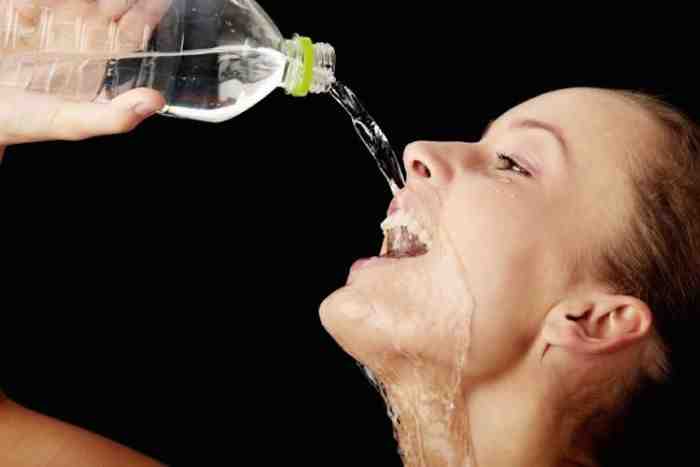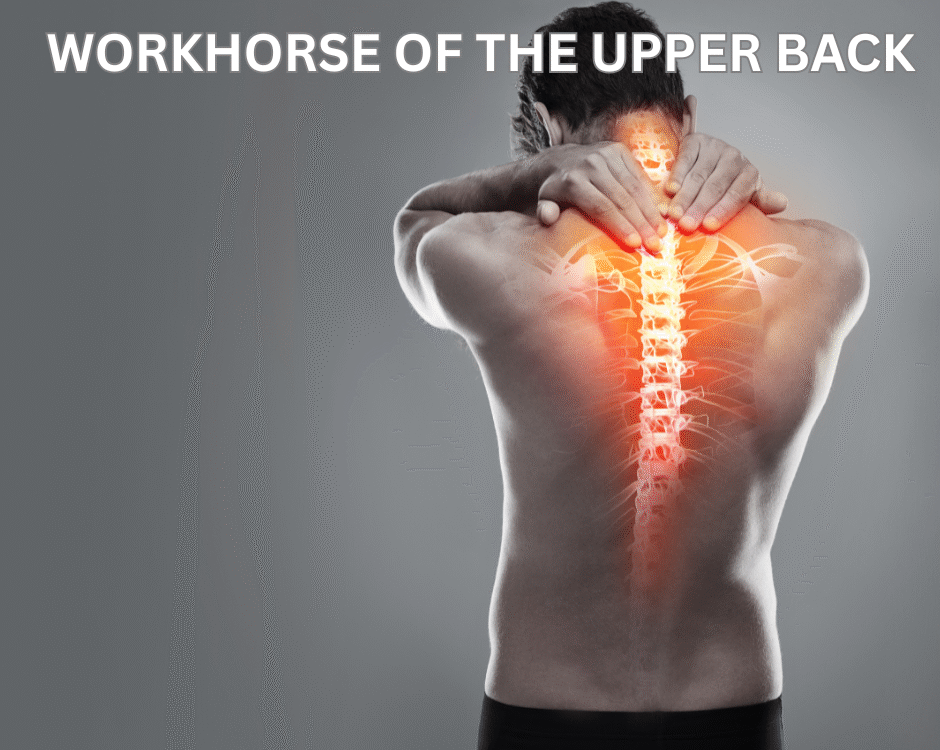Important Tips to Optimize Your Water Intake

What are the Best Lunch Box Food Safety Tips?
August 24, 2023
Important Tips if Your Teens Want to Start Vitamins
August 25, 2023Optimizing Your Water Intake
At some point growing up we hear how important drinking water is but are there certain times we should focus on drinking more? Water is essential for our bodies, keeping us hydrated and functioning properly. The timing of hydration can impact your overall health and well-being. Dr. Aaron Workman, a patient favorite at one of the highest rated auto injury medical care groups in Lexington, Kentucky, gives valuable suggestions on optimizing your water intake and the best time of day to hydrate.
Morning Hydration: Kickstart Your Day
The first thing I do in the morning is drink water. Starting your day with a glass of water is an excellent way to kickstart your body’s functions. After a night of rest, your body is in a state of dehydration, and rehydrating first thing in the morning helps replenish lost fluids. Water in the morning can aid in flushing out the previous days toxins and jumpstart your metabolism.
Hydration Before Meals: Aiding Digestion
Drinking water about 30 minutes before meals can support better digestion. It prepares your stomach for food intake, helping to break down food more efficiently. Adequate hydration before meals can also prevent overeating, as thirst is sometimes mistaken for hunger. One thing I need to work on is drinking less during meals. Drinking water all throughout the meal may dilute stomach acid, hindering the digestion process.
Hydration During Exercise: Maintain Performance
Staying hydrated during exercise is important to maintain your performance and prevent dehydration. As you sweat, your body loses essential fluids, and failure to replenish them can lead to fatigue, dizziness, and decreased exercise performance. Sip water regularly during your workout and consider healthy sports drinks for more intense exercises to replace lost electrolytes. If you have a particular sports activity coming, make sure to stay hydrated in the days ahead and especially on the day of the activity.
Mid-Afternoon Hydration: Beat the Need for a Nap
The mid-afternoon slump is a common occurrence when energy levels drop, and productivity declines. Drinking water during this time can help combat fatigue and restore focus. Dehydration can make feelings of tiredness. Keeping a water bottle nearby throughout the day is a smart move.
Evening Hydration: Moderation is Key
While hydration is essential throughout the day, be mindful of your water intake in the evening, especially close to bedtime. Consuming too much water before sleeping might lead to disrupted sleep due to frequent trips to the bathroom. Aim to slow your water amounts as bedtime approaches, so you are not up in the middle of the night for relief.
Listen to Your Body: Individual Needs
Remember that individual hydration needs can vary. Factors like environment, temperature, physical activity, age, and overall health influence how much water your body requires. Pay attention to your body’s signals. If you feel thirsty, it is time to drink, and you may be behind already. The color of your urine can also provide a picture of hydration status; pale yellow urine indicates proper hydration, while dark yellow or amber-colored urine may signal dehydration.
In the end, hydration is a fundamental aspect of maintaining a healthy lifestyle. While there are recommended times to drink water for optimal benefits, it is essential to listen to your body’s cues and adapt your water intake accordingly. Start your day with a refreshing glass of water, hydrate before meals, and keep water with you during workouts to support your body’s functions. Remember to moderate your evening hydration to ensure a good night’s sleep. Most importantly, staying hydrated throughout the day will boost your energy, enhance digestion, and promote overall well-being.
— This article is written by Aaron Workman, DC, one of the members of Chambers Medical Group’s team of car accident chiropractors who offer a variety of treatments and therapies ranging from diagnostic testing to various soft tissue therapies for car accidents and injuries in Kentucky.
.
–
Have you been in a car accident? If you or somebody you know has been in a car accident, be sure that you seek medical attention from a car accident doctor or car accident chiropractor to treat your injuries. Visit Chambers Medical Group to receive world-class medical treatment for your injuries.
Chambers Medical Group has car accident medical clinics in the following locations:
- Car Accident Medical Clinic in Tampa
- Car Accident Medical Clinic in Plant City
- Car Accident Medical Clinic in Brandon
- Car Accident Medical Clinic in Lakeland
- Car Accident Medical Clinic in Sarasota
- Car Accident Medical Clinic in Louisville
- Car Accident Medical Clinic in Lexington
- Car Accident Medical Clinic in Florence




